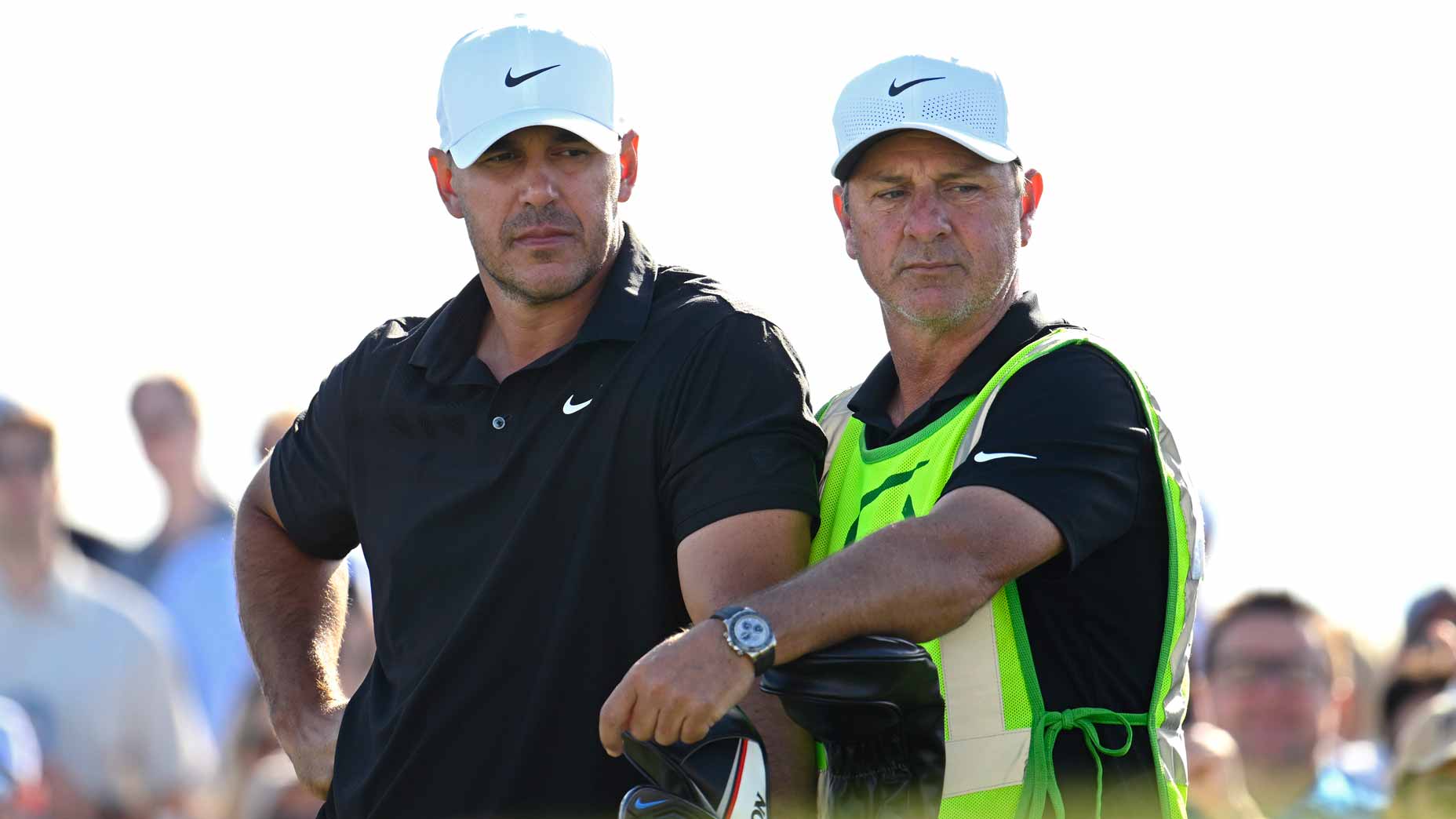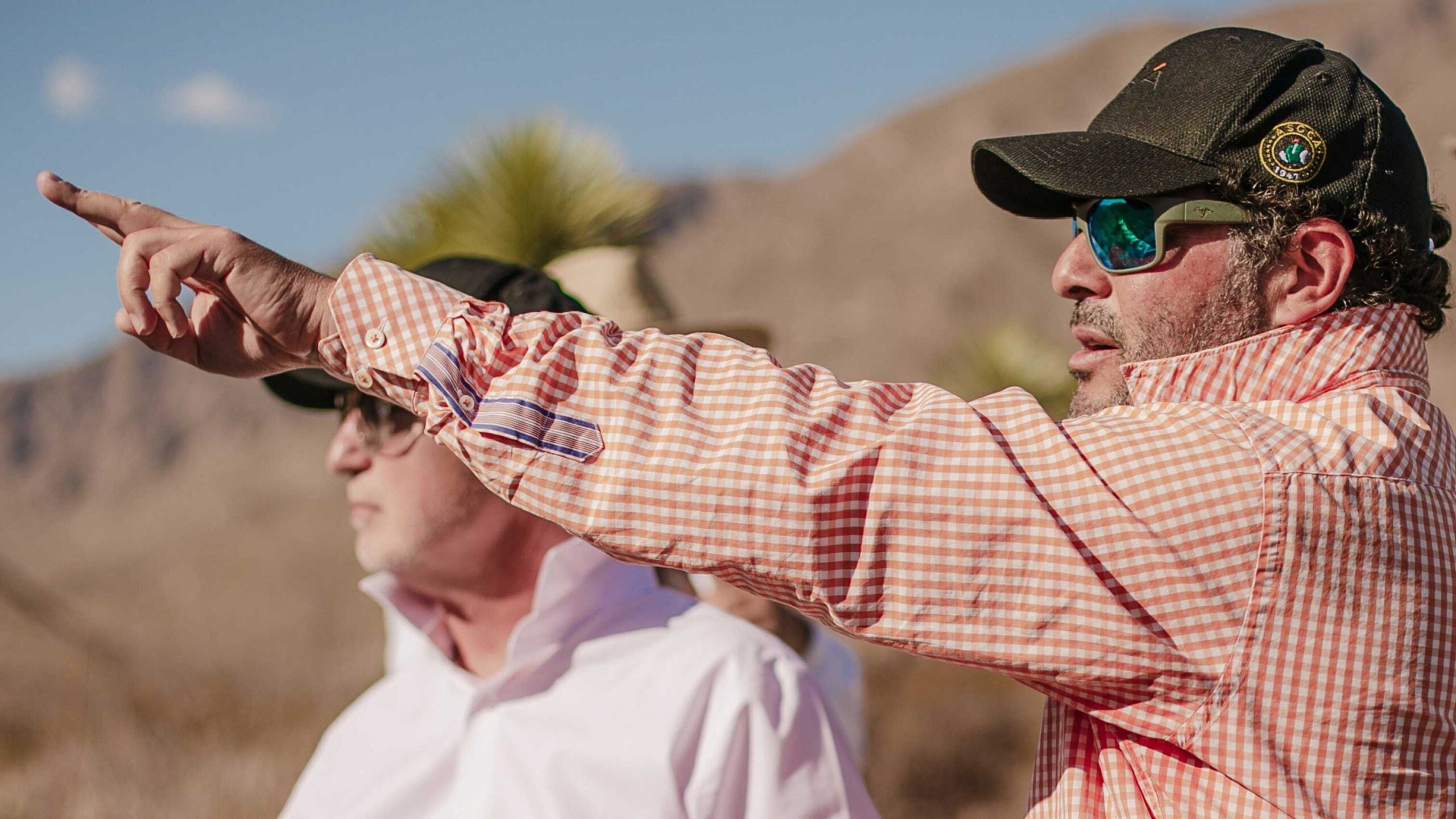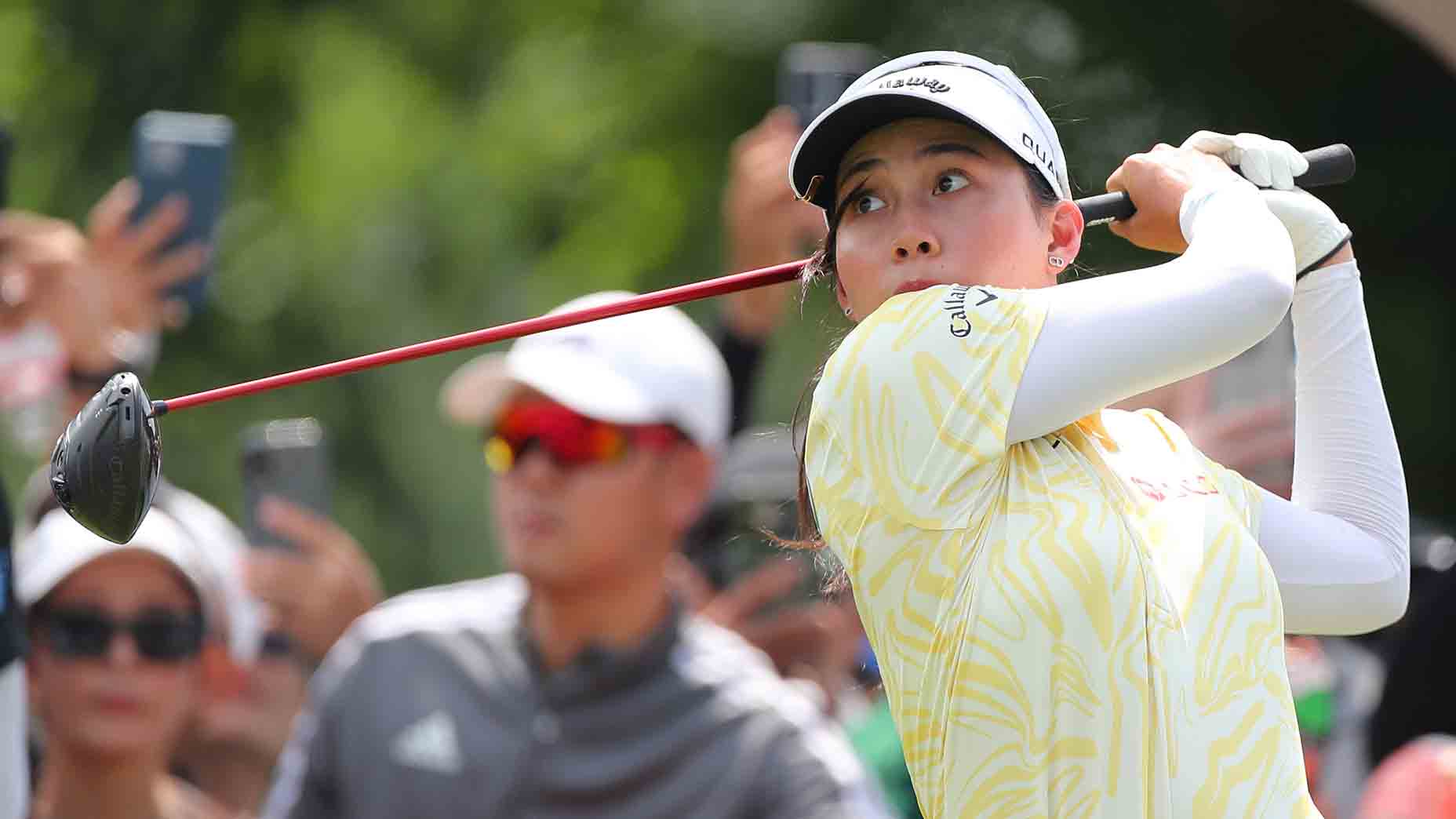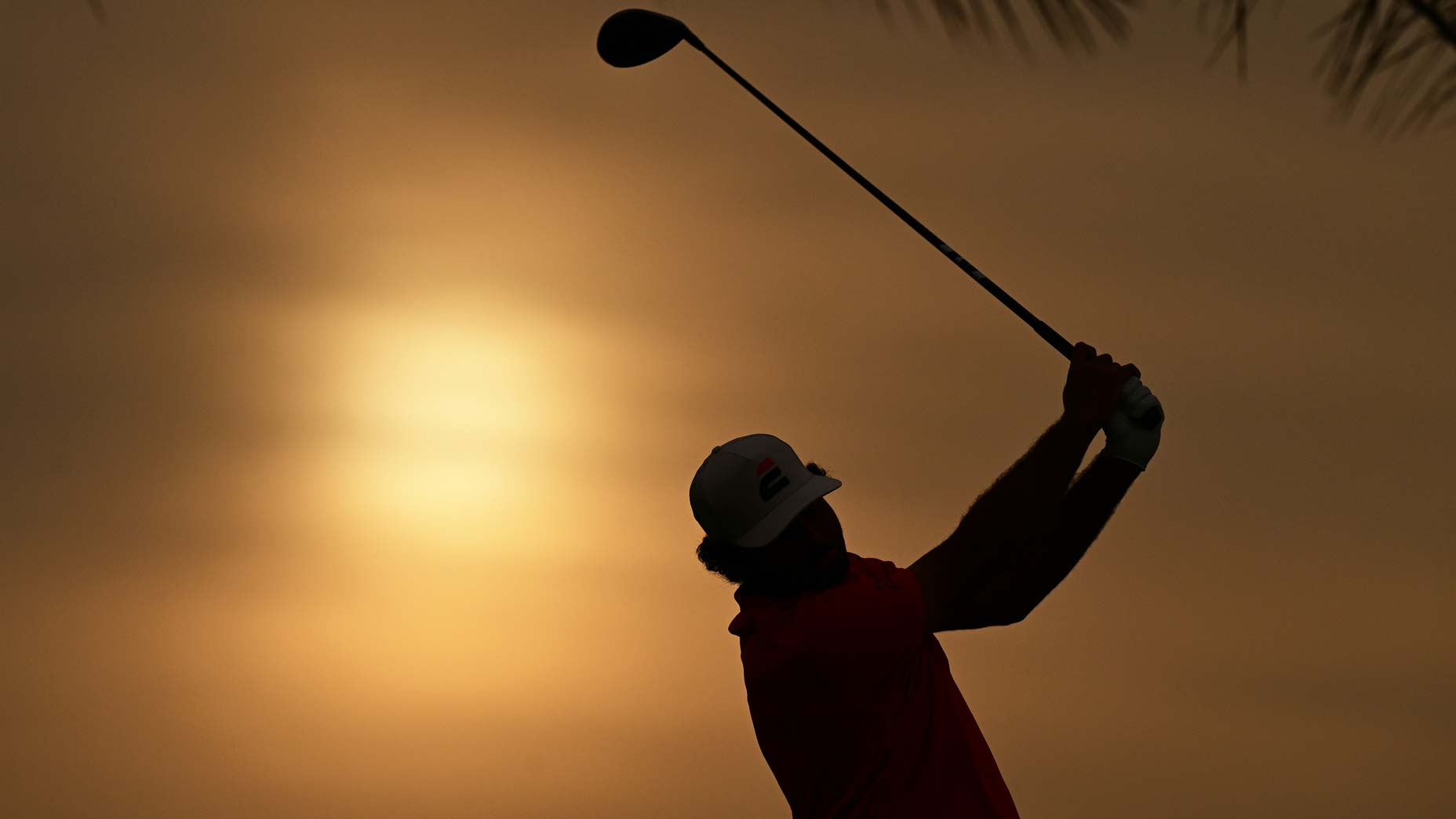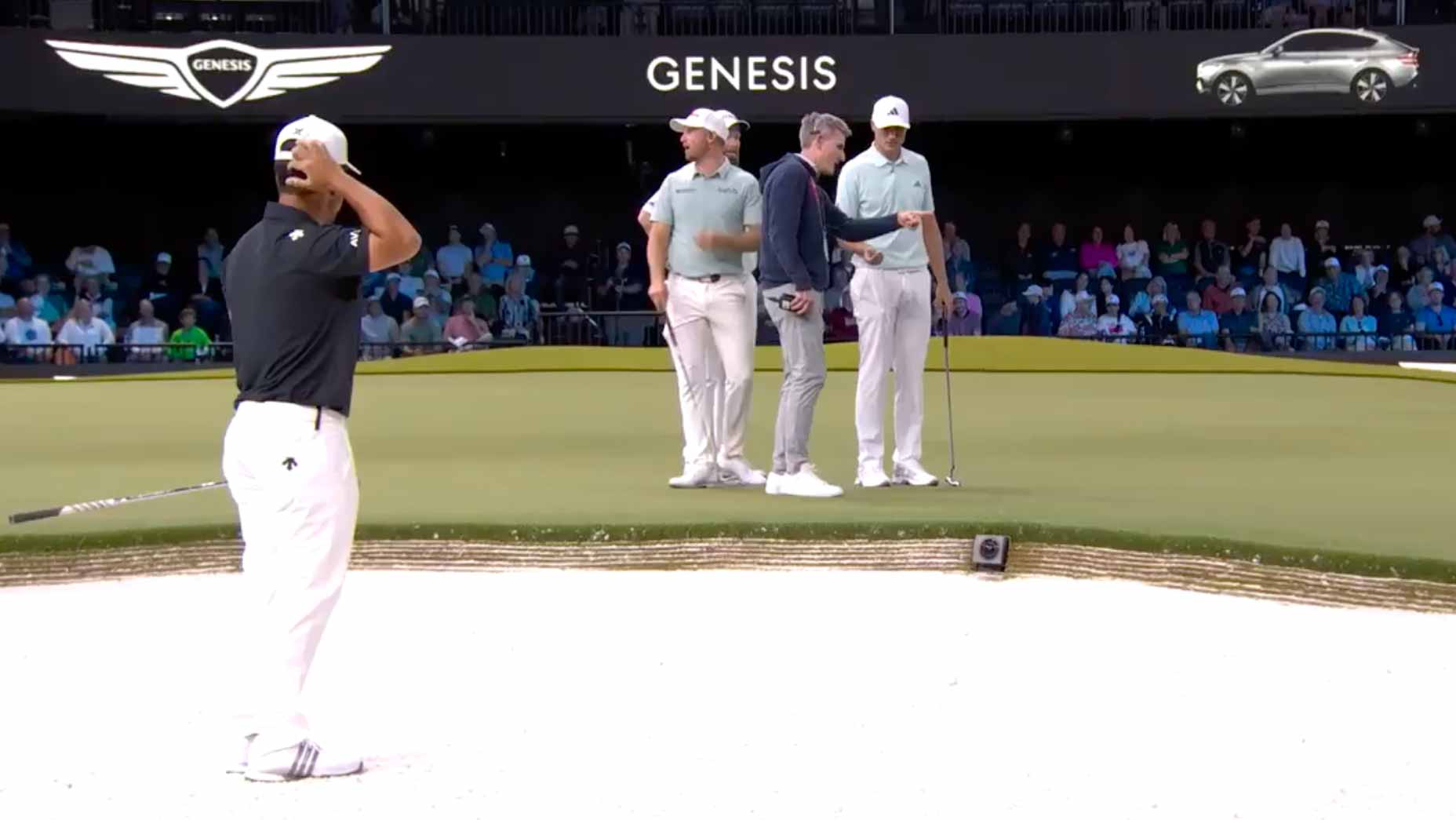 ‘Netted out terrible for us:’ Rare ruling gives major champ mulligan in TGL match
‘Netted out terrible for us:’ Rare ruling gives major champ mulligan in TGL match
Top 100 Teachers Confidential: What is the best golf grip to teach to a beginner?
Interlock, overlap and baseball; most golfers know the different ways they can hold the club, but it remains a mystery as to which one is actually better. Or if the difference between grips matters at all. So, we put the question to a handful of GOLF Top 100 Teachers to see what they had to say…
Brady Riggs
This question is near and dear to me. I played the first 14 years of my golf life with an interlocking grip. During my last year of college golf I was experimenting on the range one day and tried the 10-finger. It only took about 10 balls before I realized it was a much more comfortable, powerful and effective grip for me than the interlocking grip I had used my entire life. The moral of of the story is that it all depends on the player. While I am ok with my students using the overlap, interlocking or 10-finger, I have found that players with smaller hands, shorter fingers and less overall strength feel better with the 10-finger. Remember, it is far more important that the grip produces the desired face position and requisite speed than any other metric. It’s what is on the top of the handle, not under the handle, that matters most.
ADVERTISEMENT
Kevin Weeks
All three grips all have their advantages and disadvantages and I suggest a new golfer experiment and find which one they prefer. For younger golfers or players with extremely small or weak hands, I suggest the baseball grip. It’s easier for them to get their small hands around the shaft and also gives most of them an easier time returning the clubface back to square.
However, please make sure that the right thumb is on the left side of the shaft and the left thumb is on the right side of the shaft and the bottom thumb fits in the crease between the heel pad and thumb pad of the top hand.
You can get closer to the perfect golf grip for only a penny
Kellie Stenzel
The difference between the overlap, interlock and baseball grips almost always depends upon the person’s level of comfort. The grip that is best for a beginner is the one that allows them to put their hands onto the club properly to create a relatively square face at impact with the golf ball, with the desired amount of curve.
Most often I find that new golfers prefer the overlap or the baseball grip. For smaller hands, I prefer a baseball grip. Assuming that the golfer has hands that are large enough to get both hands into a good position, the overlap grip can be a good choice to help deliver a square club face at impact and allow the hands to feel that they are working together.
If I have a student with an interlock grip and their club face is correct, I would typically not change this, but it is not where I would start a new golfer. I typically find the sense of needing to get the webbing of the hands to meet often produces a top hand that produces an open face and a bottom hand that produces a closed face, which can balance and be OK, but often produces inconsistent contact.
To receive GOLF’s newsletters, subscribe for free here.
ADVERTISEMENT


